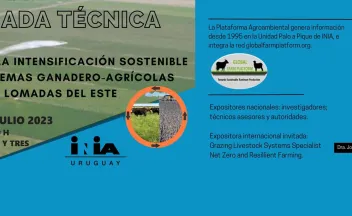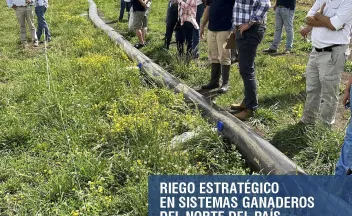Abejas tolerantes y susceptibles a Varroa destructor: consecuencias a nivel poblacional, sanitario y productivo.

Se presentan los resultados de un estudio, cuyo objetivo fue comparar a lo largo de una temporada apícola el desempeño de colonias tolerantes a varroa sin tratamientos acaricidas con colonias susceptibles sin desparasitar y desparasitadas, y caracterizar los mecanismos de resistencia a varroa que podrían presentar las abejas.


